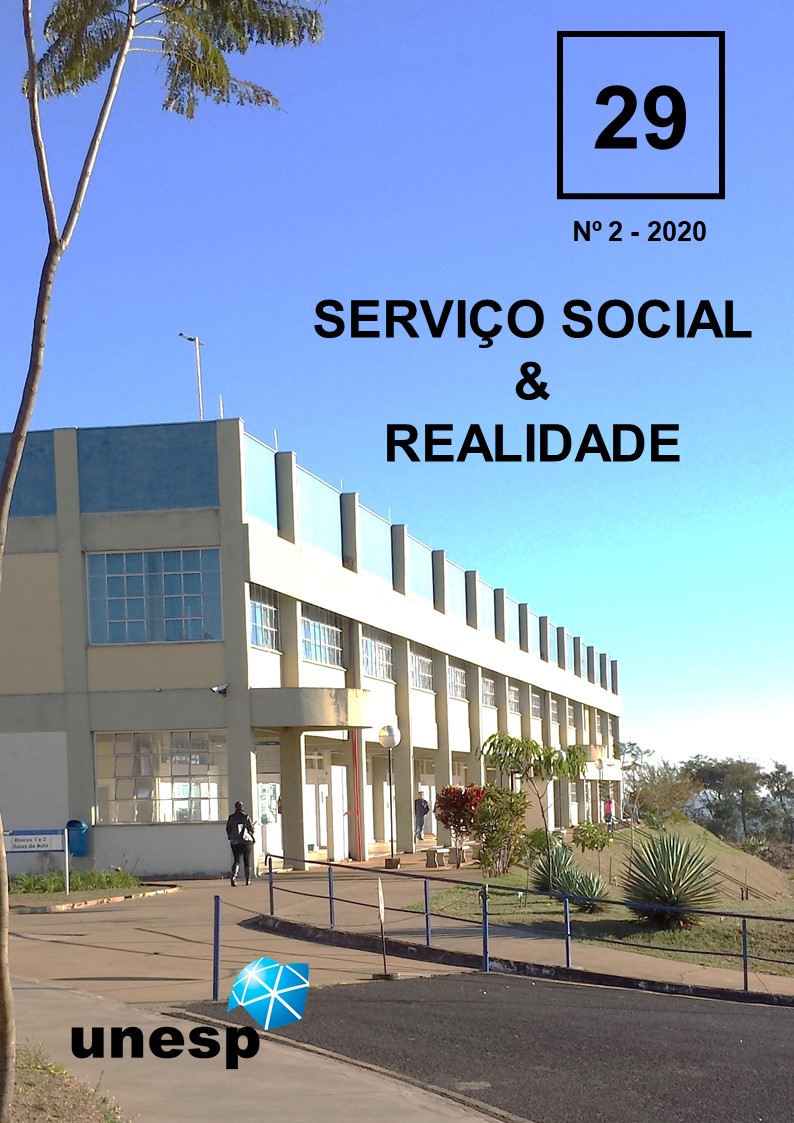THE IMPACTS OF THE COVID-19 PANDEMIC ON SOCIAL ASSISTANCE POLICY
Abstract
The impacts of the health crisis highlighted the fragility of the Brazilian social protection system which, structurally, was already feeling the impacts of the reforms promoted by neoliberal fiscal adjustment policies. On the other hand, capital sought to politically and economically consolidate strategies to ensure accumulation in the context of the pandemic. In Brazil, ruled by the extreme right and ultra-neoliberal, the effects of the economic crisis have been ravaging the working class, especially the population segments excluded from the labor market, which now find themselves dependent on social public policies. However, due to the impacts of neoliberal reforms, social security was compromised, more specifically from EC 95 onwards. In this context, the unfolding of the Covid-19 pandemic exacerbated the economic crisis and demonstrated the importance of public social policies in social protection. However, even in a socioeconomic context that enhances the expansion of expressions of the social issue, therefore expanding social demands and requests for social assistance policy, access to social assistance rights is not conceived from the perspective of universality, but selectivity. Social assistance is characterized as an object in permanent dispute, in this direction it is necessary to promote collective strategies of confrontation and resistance for the defense of social rights.
Downloads
Published
Issue
Section
License
Os manuscritos aceitos e publicados são de propriedade da revista Serviço Social & Realidade.Os originais deverão ser acompanhados de documentos de transferência de direitos autorais contendo assinatura dos autores.
É vedada a submissão integral ou parcial do manuscrito a qualquer outro periódico. A responsabilidade do conteúdo dos artigos é exclusiva dos autores.
É vedada a tradução para outro idioma sem a autorização escrita do Editor ouvida a Comissão Editorial.


